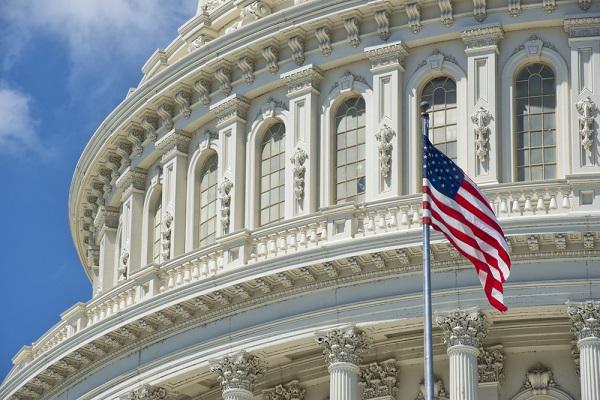
In a recent report, the Consumer Financial Protection Bureau (CFPB) estimated that there are more than 45 million American consumers that are “credit invisible,” meaning that they either have no credit history or a credit file too thin to receive access to mainstream credit products.
This limits their ability to get an affordable loan for a car, realize the dream of homeownership or even restricts access to capital to start a small business. More frequently, a lack of credit history forces consumers to turn to more expensive, short term lending options.
While credit invisibles may not have a traditional credit history, many make their cable, utility and mobile phone payments on time. However, this on-time payment data is not being included in their credit file.
Historically, telecom and utility companies have only reported instances when a consumer is behind on payments or an account has been turned over to collections. This means that credit invisibles may have negative data from telecom and utility companies in their file, but are unable to build their credit file with positive data even if they make on-time payments each month.
The good news is that Congressional leaders have recognized the need for action.
On December 3 the Credit Access and Inclusion Act (H.R. 4172 and S.2355) was reintroduced in Congress, with Representatives Mike Fitzpatrick (R-Penn.) and Keith Ellison (D-MN) taking the lead in the House and Senators Mark Kirk (R-Ill.) and Joe Manchin (D-WVA) taking up the effort in the Senate.
The bipartisan bill would amend the Fair Credit Reporting Act to make clear that utilities, telecommunication and rental companies can report on-time payment histories and positive data to the nation’s credit reporting bureaus, rather than just late payments or collection actions that they are currently furnishing. It would in no way require these companies to do so, but would help reassure these entities that there are no regulatory barriers to reporting on-time payment information.
There is a detailed track record of research showing how the inclusion of alternative data will enable millions of credit invisible American consumers who have a proven track record of meeting financial obligations to access mainstream credit.
A recent study by PERC and the Brookings Institution found that when energy utility and telephone firms report timely and late payment data alike, those who are deemed credit invisible shrunk to around 5 million.
A separate study has also shown that the inclusion of this credit data would be a net positive for traditionally underserved populations, including minorities, young adults and the elderly. Moreover, a 2014 Experian study found that by including on-time utility payments in credit reports, there was nearly a 50 percent drop in subprime consumers with credit scores* between 300 and 600; a 54 percent increase in consumers considered nonprime with credit scores between 601 and 660; and a 15 percent increase in those with credit scores over 661, generally considered prime.
I encourage lawmakers to take up this legislation and move it forward to ensure that consumers receive credit for meeting their financial obligations.